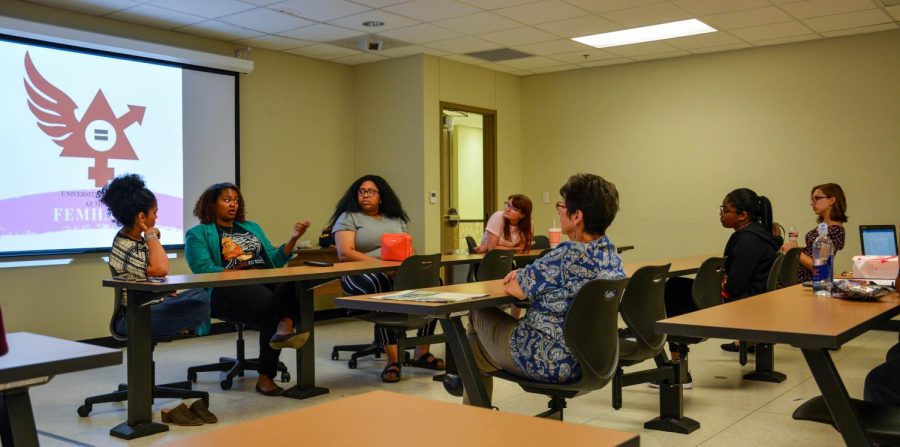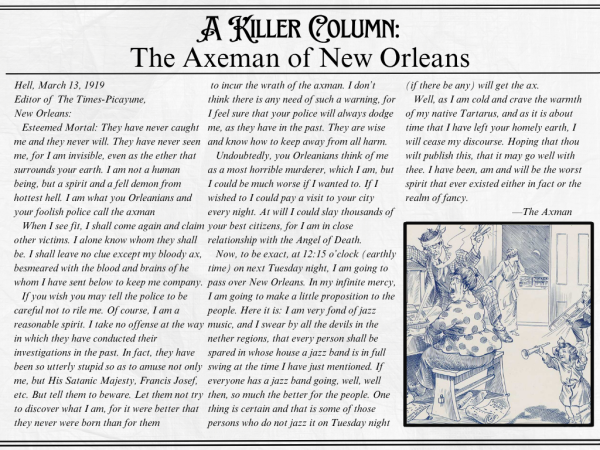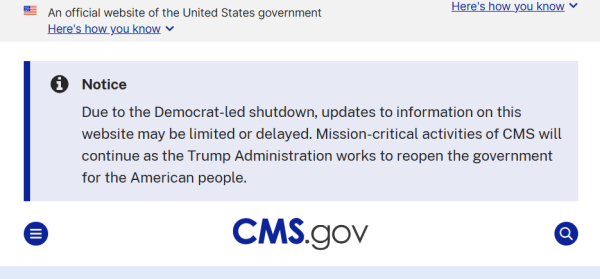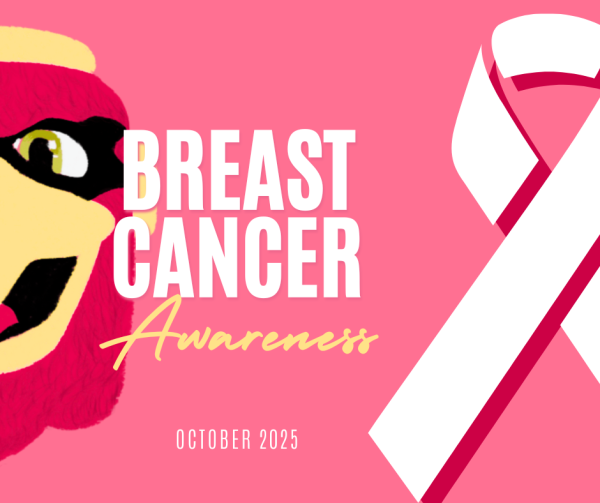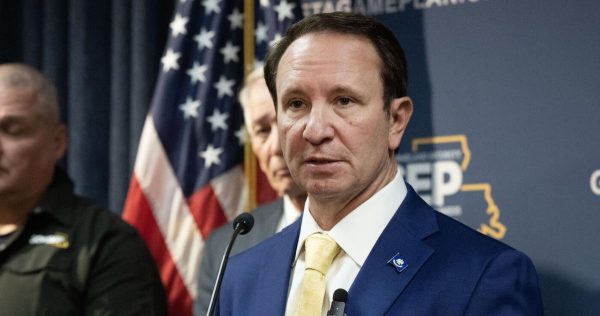Femhawks host panel on feminism
ULM graduate student, Grace Srichantra, doesn’t like calling herself a feminist despite agreeing with many of the ideals it stands for. But she might consider the possibility of taking on such a title after Femhawks hosted a panel on the subject last Thursday.
“I wouldn’t label myself a feminist, but that doesn’t mean I’m not all for gender equality,” Srichantra said. “I didn’t know enough about feminism to really have an opinion about it before, but this panel started to open my eyes to it.”
Jessica Hawkins, the Femhawks’ president, said the panel was hosted to help get rid of any misconceptions students had about feminism. Hawkins and the other members of Femhawks believe it is essential to teach the true meaning of feminism on ULM’s campus.
“We wanted to give a chance for students to ask questions and answer any misconceptions they had,” Hawkins said. “We discussed what feminism meant to us and why we became feminists along with addressing stereotypes about feminism.”
The panel consisted of two Femhawks members, Whitney Kwentoh and Hawkins, as well as two English professors, Jeleesa Harris and Vanelis Rivera. It was moderated by Madelyn Operario.
The panelists were asked questions by Operario, Femhawks public relations officer, about feminism and what it meant to them. At the end of the panel, students were given the chance to ask the panelists their own questions about feminism. Femhawks’ member, Anna Blackburn, said the point of the panel was to open a discussion about feminism and Femhawks thought the best way to do that would be to discuss their personal views on the subject. To Blackburn, feminism “encompasses the whole concept of human rights” and that is why she is a strong supporter of it.
“Every human being should be treated fairly no matter their race or gender,” Blackburn said. “That is what feminism is.”
Hawkins said that although feminism is about equality in every sense, she takes a focus on advocating for women’s rights.
“Feminism is important to me because everyone should have equal opportunities no matter who they are and we need to work together not just to improve the lives of women, but especially women of color,” Hawkins said.
Although Srichantra found the panel to be informative, she also thinks she could have learned more if the questions weren’t centered around each panelist’s individual idea of feminism. Srichantra said she wishes the panel would have taken a more educational approach to the subject matter.
“I think I would have gained more from the panel if I wasn’t just hearing four different perspectives of what feminism is,” Srichantra said.


